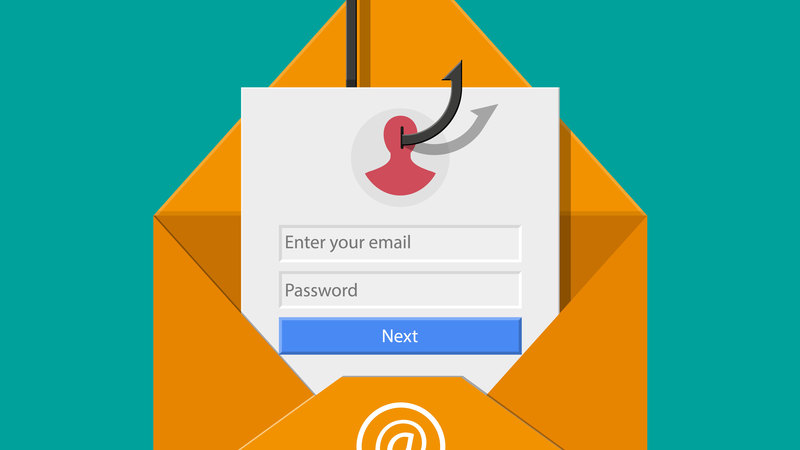We’ve all been the recipients of unwanted emails at some point, whether they be regular marketing material from a recognised company, or pointless junk aimed at collecting your resalable contact information. Your email address can end up on a hit list in several ways, but luckily you can unsubscribe yourself from these marketing lists in most cases. In this article, we’ll look at how your email address might end up being collected and targeted by marketing agencies, as well as what to do to stop yourself from getting unwanted junk mail.
Don’t use one account for absolutely everything
One study has indicated that the vast majority of us have two or less email addresses; typically, one primary address for social media, banking, work and other uses, which we check often, plus a secondary account. As a result, your inbox can rapidly fill up with emails, both the necessary and undesirable type.
If you tend to mix business with leisure and have the same account for your bank account as you do for your Bingo website login and online grocery orders, then you could soon start to see promotional emails flood into your inbox. The same could be said if you sign up for one-off services (like Groupon or Wowcher), where you make a single purchase, but don’t intend to use the account again for a long time.
If you continue to put the same email address into every single website, then eventually you’ll be inundated with emails, daily. So, as a rule of thumb, have a backup account that you use for less important or one-time logins, and keep your more important account separate.
‘Unsubscribe’ from mailing lists
In marketing law, there is a rule called the 'soft opt-in'. It means if you’ve recently purchased a service from a company and did not opt out of marketing, then the company can assume you’ll be happy to receive marketing about comparable products in future, even if you haven’t explicitly opted out. As a result, you could find yourself receiving a heap of marketing information on a regular basis, simply for purchasing goods online.
Fortunately, the Information Commissioner’s Office (ICO) also requires marketing emails to contain a means by which customers can unsubscribe from a company’s emails. Since the advertisers really don’t want you to do this, you will normally find the option right at the bottom of the email template. It’s normally hidden in small font, and often coloured a light shade of grey to make it difficult to spot.
‘Junk’ email from a specific sender
If a company is making you jump through hoops to unsubscribe from a mailing list, or you just can’t find a way to do so, then you have a simple option; you could just flag the email as ‘Junk’, or ‘Spam’ depending on what your email provider calls it. This will immediately divert any future emails from that sender straight into the Junk or Spam folder inside your email folder structure.
However, bear in mind that this could backfire if you start diverting all your email in this way. If you move an email from a reputable online retailer to the Junk or Spam folder, and then make a purchase in future, details about your order such as your receipt will also automatically get send to the same place. This could result in you losing important order information. The same could be said for holiday and hotel bookings if you mark a holiday provider’s emails as Junk or Spam.
Forward suspicious emails to reputable companies
Big organisations such as banks don’t like it when people impersonate them to try and steal from their customers. If you receive an email that claims to be from a large company such as a bank, insurance agency, building society and so on, then they might have a department to forward the email to.
NatWest Bank, for example, have an inbox called [email protected] to which customers are encouraged to forward emails that they believe to be ‘phishing’ emails. A phishing email is an email that poses as a trustworthy company to try and get you to give up your personal details.
Though doing this won’t stop you from receiving the same, or similar emails in future, it could help to protect other people in the long run, as it can potentially help companies to spot the newest trends that cyber criminals are using to try and steal customer data.
For more advice
If you’ve got any questions of a technical nature, or you’re concerned about the emails that you’re receiving, then you can speak to one of the technical support agents at WiseGuys by calling us; just dial 0808 123 2820, and we’ll be happy to help.



Recent Comments